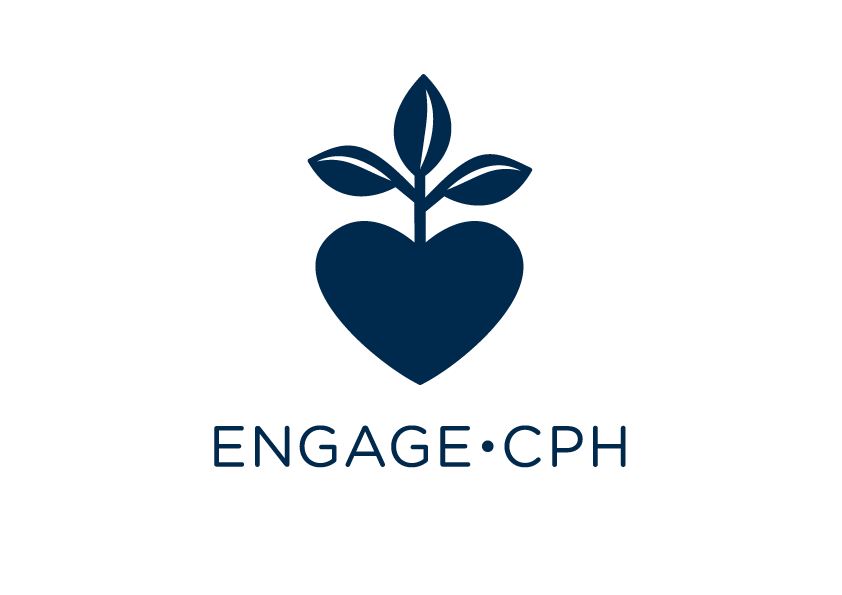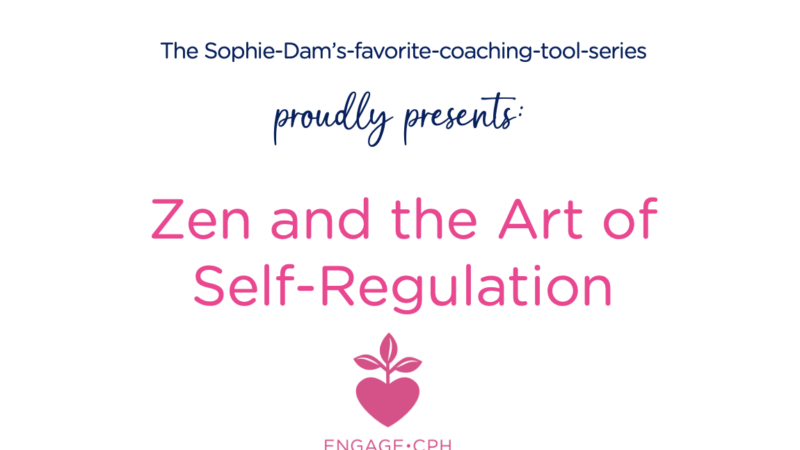By practicing being with your emotions, you can learn how to react appropriately: You can learn how to self-regulate.
But what even IS self-regulation, and how does one go about it?
Keeping your emotions in check
Being able to self-regulate means being able to keep your emotions in check. It is the ability to understand and manage your feelings, behavior and reactions and thus having a flexible range of responses that match the situation.
We learn self-regulation as kids
Learning how to self-regulate is something we learn already as very small children. Self-regulation helps kids behave appropriately, get along with others, and become independent. It is quite simply a part of growing up. However, as we all know, even adults sometimes struggle with the concept of self-regulation.
Even adults struggle with self-regulation
Unruly passengers being taped to their seats mid-flight, the ‘rise of the Karens’, road-rage-jerks, and the current political climate would suggest that especially during stressful times (and these are stressful times indeed) we all would do well to take a deep breath and take a pause between a feeling and an action.
Self-regulation translates into emotional intelligence and indicates high levels of self-awareness, intrinsic motivation, empathy, and social skills. It follows that the better we are at understanding and addressing our own emotions and decoding or interpreting the emotions of others, the better we are at making sense of our environments, adjusting to them, and pursuing our goals.
In general, people who are good at self-regulating tend to possess the following abilities, especially under pressure:
- Calming themselves and cheering themselves on
- Persisting through difficult times
- Remaining flexible and seeing the good in others
- Taking control of situations when necessary and acting accordingly
- Maintaining open communication (even in crisis)
- As you can probably tell, the benefits of self-regulation are MANY – most notably its direct correlation to psychological wellbeing.
Self-regulation starts with self-compassion
The way we talk to ourselves impact the way we perceive ourselves. So let me suggest three short-cuts to self-regulation that draws from self-compassion:
Kind self-talk
Put the way you talk to yourself, your inner voice, through the ‘friend test’: Would you say those words to a friend or family member? If the answer is no, then don’t speak that way to yourself. Instead, think about how you would support a dear friend in the same situation.
You achieve something big with hundreds of small wins along the way. Every little step in the right direction is worth taking a moment to tell yourself that you’re doing great! A small ‘attaboy’ feels good. No one performs better while being spoken unkindly to.
Remembering our shared humanity
One of the most important elements of self-compassion is the recognition of our shared humanity. The emotion of compassion springs from the recognition that the human experience is imperfect, and that we are all fallible. Even when we really mess things up, we have good intentions and psychological innocence. We’re all doing the best we can. None of us are perfect. We have that in common, you and I.
Staying mindful
Mindfulness means maintaining a moment-by-moment awareness of your thoughts, feelings, bodily sensations, and surrounding environment. As a tool for self-regulation, mindfulness is unmatched because it can help you slow down the pace of your thinking which means that there is time to rally up resources for ourselves. We can ask for support. We can ask for help.
…
I will go deeper and elaborate on some of my favorite self-regulation techniques that I use in my work as a coach – in ultra-condensed form.
The below links will be active as the articles are published over the next weeks. Stay tuned. Follow me on Linkedin if you want a notification when these go live.
Zen and the Art of Self-Regulation: Social connection and support
Zen and the Art of Self-Regulation: Mindfulness
Zen and the Art of Self-Regulation: Self-care





